Table of Contents
- Introduction
- Understanding Black Mold
- Health Risks Associated with Black Mold
- Identifying Early Signs of Black Mold
- Conditions That Promote Mold Growth
- Safe Removal Strategies
- Preventing Future Mold Growth
- Legal and Insurance Considerations
- Conclusion

Introduction
Black mold is a significant concern for homeowners in Naples, FL, where the humid climate provides ideal conditions for its growth. Understanding how to detect and safely remove black mold is crucial to maintaining a healthy living environment and protecting your property from potential damage. The implications of black mold extend beyond unsightly patches; they can threaten the structural integrity of homes and significantly impact residents’ health.
Overview of Black Mold and Its Significance in Naples, FL
In Naples, the prevalence of black mold is exacerbated by frequent rain and high humidity levels. This pervasive fungus can grow rapidly in damp environments, making it essential for residents to be aware of its implications for both health and property. Black mold removal in Naples, FL, is increasingly becoming a necessary service, especially as climate change contributes to more extreme weather conditions. Homeowners should be proactive in understanding the risks associated with black mold to avoid costly repairs and health issues down the line.
Understanding Black Mold
What is Black Mold?
Black mold, scientifically known as Stachybotrys chartarum, thrives in moisture-laden areas. It is often characterized by its dark green or black color and can be found in different areas throughout the domestic, including basements, washrooms, and beneath sinks. The nearness of black mold indicates a moisture problem that needs immediate attention.
Common Types of Mold Found in Florida
In expansion to dark shape, Florida is domestic to several other mold varieties, including Aspergillus and Penicillium. Each type presents its own risks and requires specific removal strategies. Understanding the distinctive sorts of shapes predominant in the region can help homeowners take appropriate measures for effective mold remediation.
Health Risks Associated with Black Mold
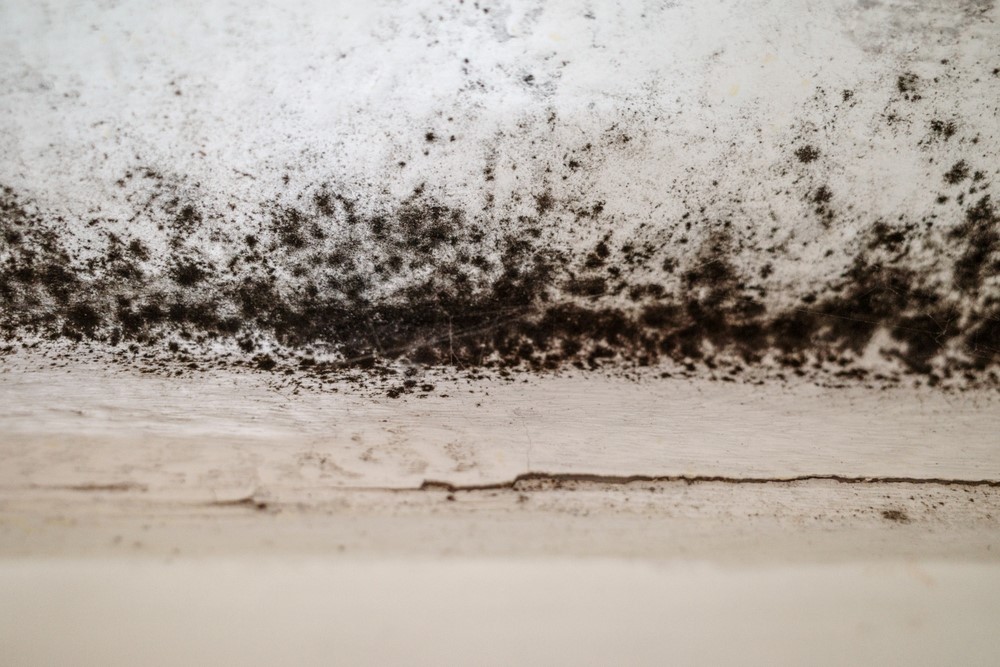
Symptoms of Mold Exposure
Exposure to black mold can result in various symptoms, such as coughing, sneezing, skin aggravation, and eye bothering. Those with respiratory conditions may encounter exacerbated indications, leading to genuine health concerns. Furthermore, form introduction can trigger asthma assaults and increase the risk of respiratory infections.
Long-Term Health Effects
Long-term exposure to black mold can lead to inveterate respiratory issues, allergic reactions, and, in some cases, neurological issues. Delayed presentation is especially concerning for children, the elderly, and those with compromised resistant frameworks. Understanding these dangers underscores the significance of early location and remediation to ensure the well-being of all family members.
Identifying Early Signs of Black Mold
Visual Indicators
Homeowners should see for obvious signs of mold, such as dark spots on walls, ceilings, and floors, particularly in zones inclined to moisture. Other indicators incorporate peeling paint and water stains, which suggest hidden mold growth.
Odor Detection
A smelly or gritty smell often indicates mold presence, even if it isn’t immediately visible. This odor can help homeowners identify hidden mold sources and take action before the problem escalates.
Conditions That Promote Mold Growth
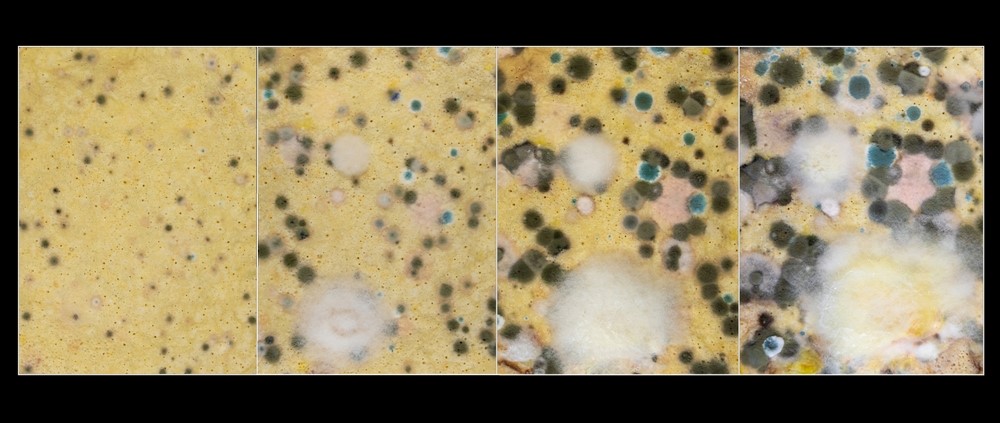
Humidity Levels in Naples, FL
The high humidity levels typical of Naples create an ideal environment for mold growth. Maintaining indoor stickiness levels below 50% is crucial in avoiding form development. Homeowners can use hygrometers to monitor humidity levels and take corrective actions as needed.
Common Sources of Moisture in Homes
Frequent sources of moisture include plumbing leaks, inadequate ventilation, and water damage from storms or flooding. Issues like bathroom water damage repair often arise from improper ventilation, leading to moisture buildup. Addressing these sources promptly can significantly reduce the risk of mold growth.
Safe Removal Strategies
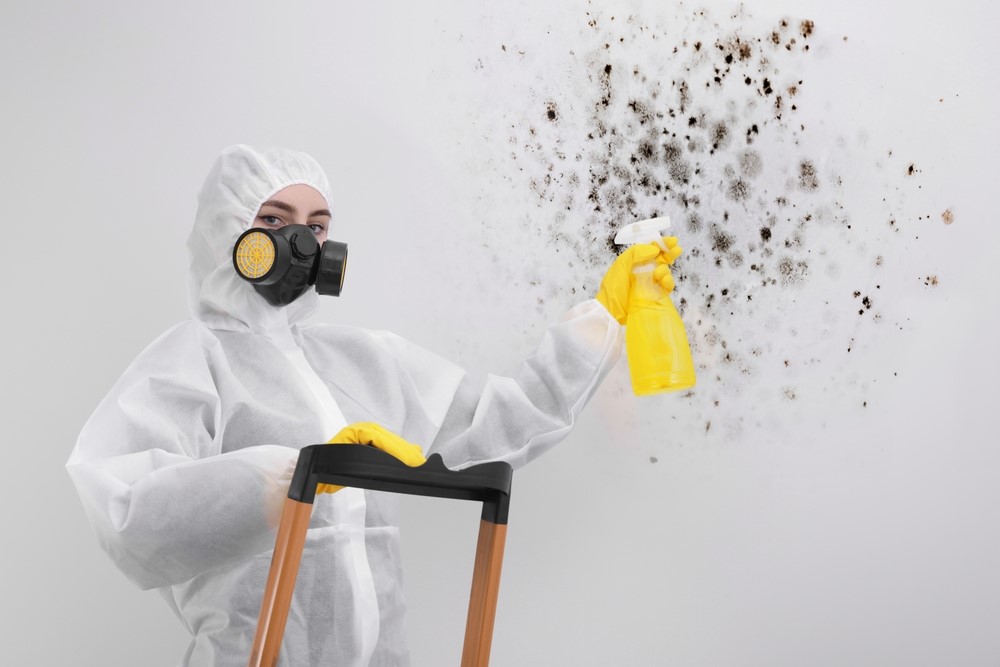
DIY Removal Methods
For small areas of mold, homeowners can use a mixture of water and detergent or commercial mold removers. It’s important to wear protective gear, such as gloves and masks, and ensure proper ventilation while working. However, DIY methods are only suitable for minor infestations.
When to Call a Professional Mold Remediation Service
If the mold covers a large area or if it is suspected of being black mold, it is best to contact a professional service. Experts in black mold removal in Naples, FL, such as Alva mold remediation services, can safely handle extensive infestations and ensure thorough remediation. These professionals have specialized training and equipment to assess and address mold problems effectively.
Preventing Future Mold Growth
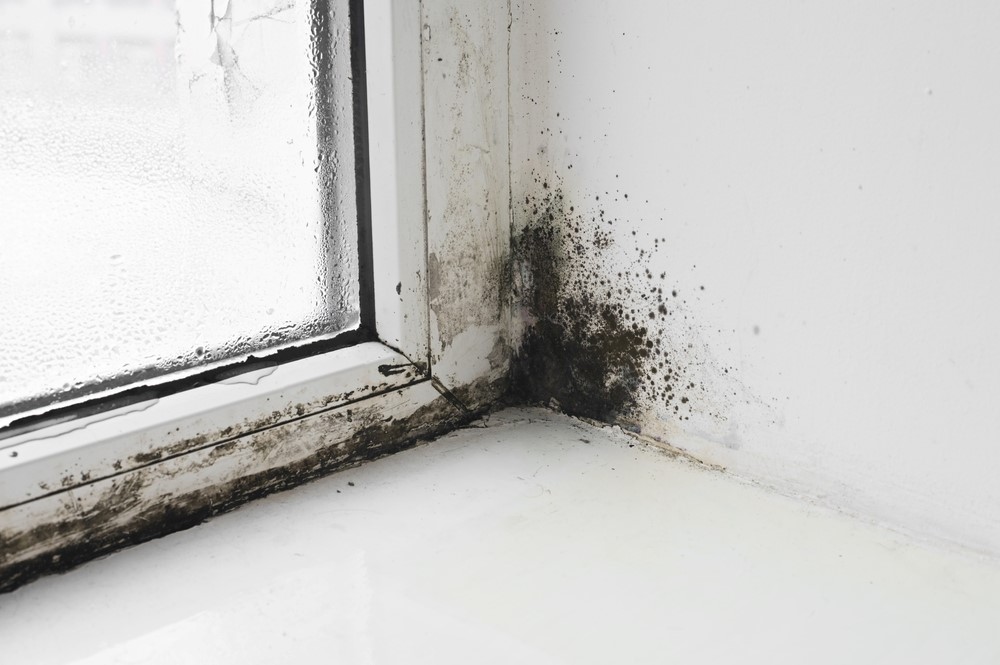
Tips for Maintaining Low Humidity
Utilizing dehumidifiers, ensuring proper ventilation, and regularly inspecting for leaks can significantly reduce indoor humidity levels and mold growth potential. Homeowners should also consider using exhaust fans in kitchens and bathrooms to help control moisture levels.
Here are some additional tips:
- Regularly Clean and Maintain HVAC Systems: Ensure that your heating, ventilation, and air conditioning (HVAC) systems are cleaned and maintained regularly. Clogged filters and ducts can restrict airflow and trap moisture, promoting mold growth.
- Seal Cracks and Openings: Inspect your home for cracks in walls, windows, and foundations where moisture can enter. Sealing these openings can prevent humid air from infiltrating and reduce mold growth.
- Keep Gutters Clean: Clogged gutters can lead to water buildup and leaks, increasing humidity in your home. Regularly clean and inspect your gutters to ensure proper drainage away from the house.
- Use Mold-Resistant Products: When renovating or building, opt for mold-resistant paint and drywall, especially in moisture-prone areas like bathrooms and basements. These materials are designed to withstand high humidity levels and deter mold growth.
- Limit Houseplants: While houseplants can improve air quality, overwatering them can increase indoor humidity. Consider reducing the number of plants or ensuring they are not watered excessively.
Recommended Home Improvements
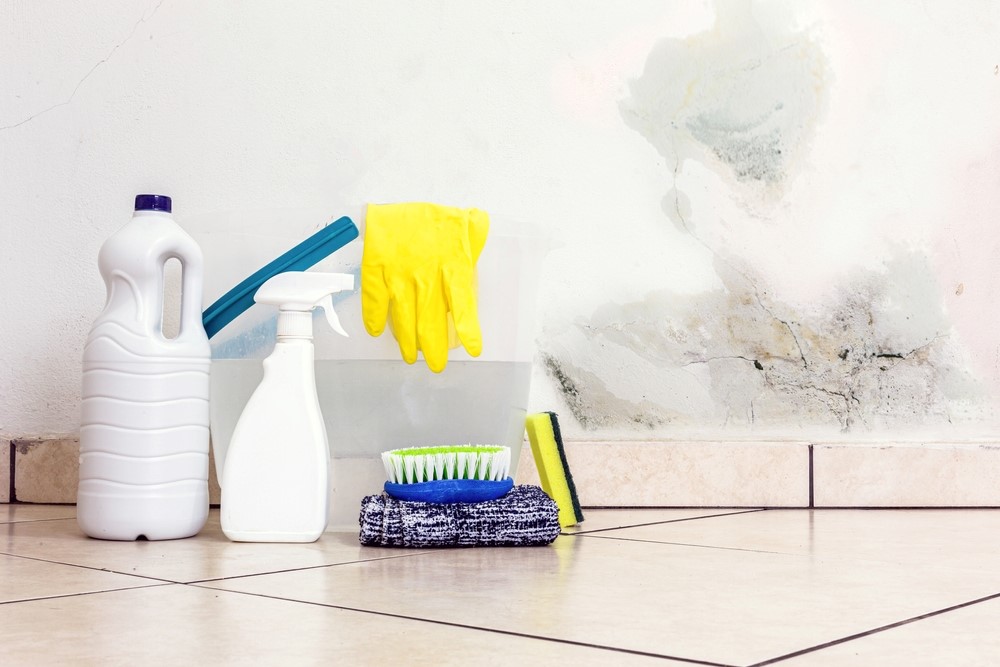
Homeowners may consider installing mold-resistant products, such as paint and drywall, and enhancing ventilation in high-moisture areas like bathrooms and kitchens to help prevent future mold issues. Regular maintenance and inspections can further help identify and address potential problems before they escalate.
Legal and Insurance Considerations
Understanding Local Regulations Regarding Mold Removal
It’s important for homeowners to familiarize themselves with local regulations governing mold removal to ensure compliance and safe practices. Naples may have specific guidelines that dictate how mold remediation should be conducted.
How to Handle Mold-Related Insurance Claims
Documenting mold damage and communicating with insurance providers can aid in the claims process. If you encounter mold due to water damage, such as in water damage repair in Naples, FL, understanding your policy’s coverage for mold damage is also crucial. Homeowners should keep detailed records of any mold assessments and repairs for a smoother claims process.
Conclusion
The threat of black mold in Naples, FL, emphasizes the significance of early location and secure evacuation procedures. By recognizing the signs and acting instantly, homeowners can ensure their well-being and property from this unavoidable issue. Whether through DIY strategies or proficient services, addressing mold concerns swiftly can prevent more extensive damage and safeguard your living environment.
